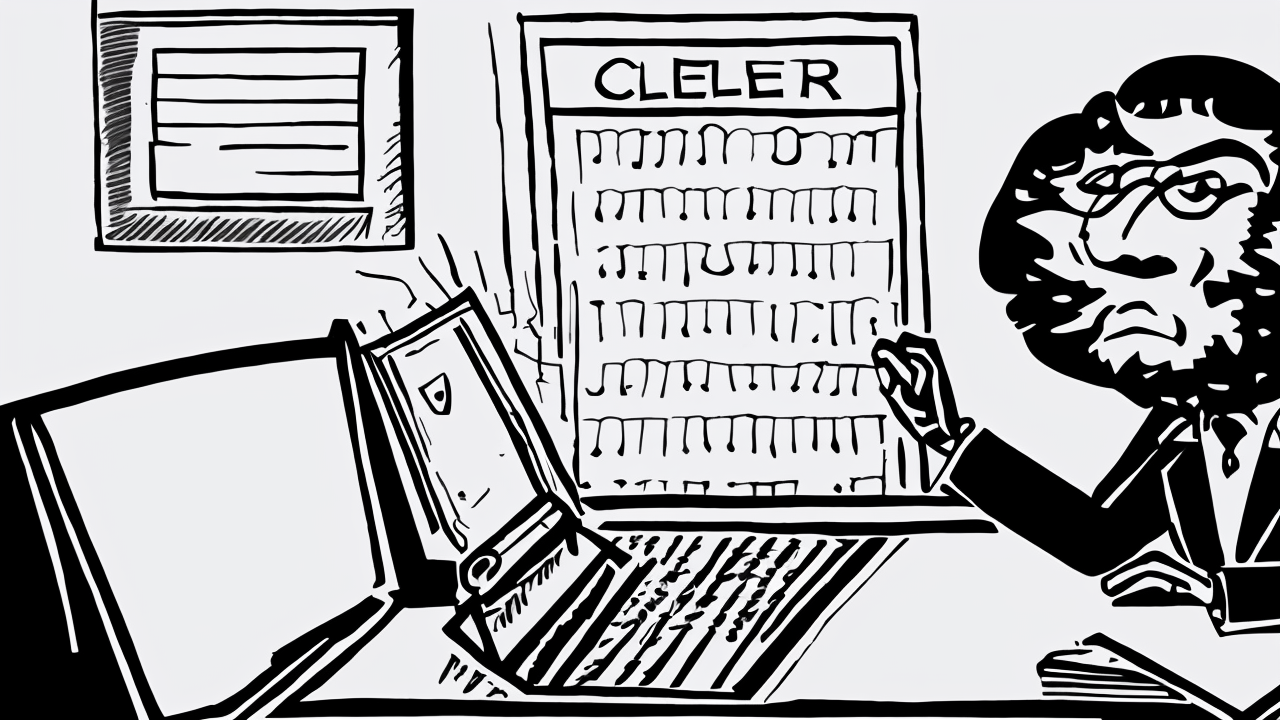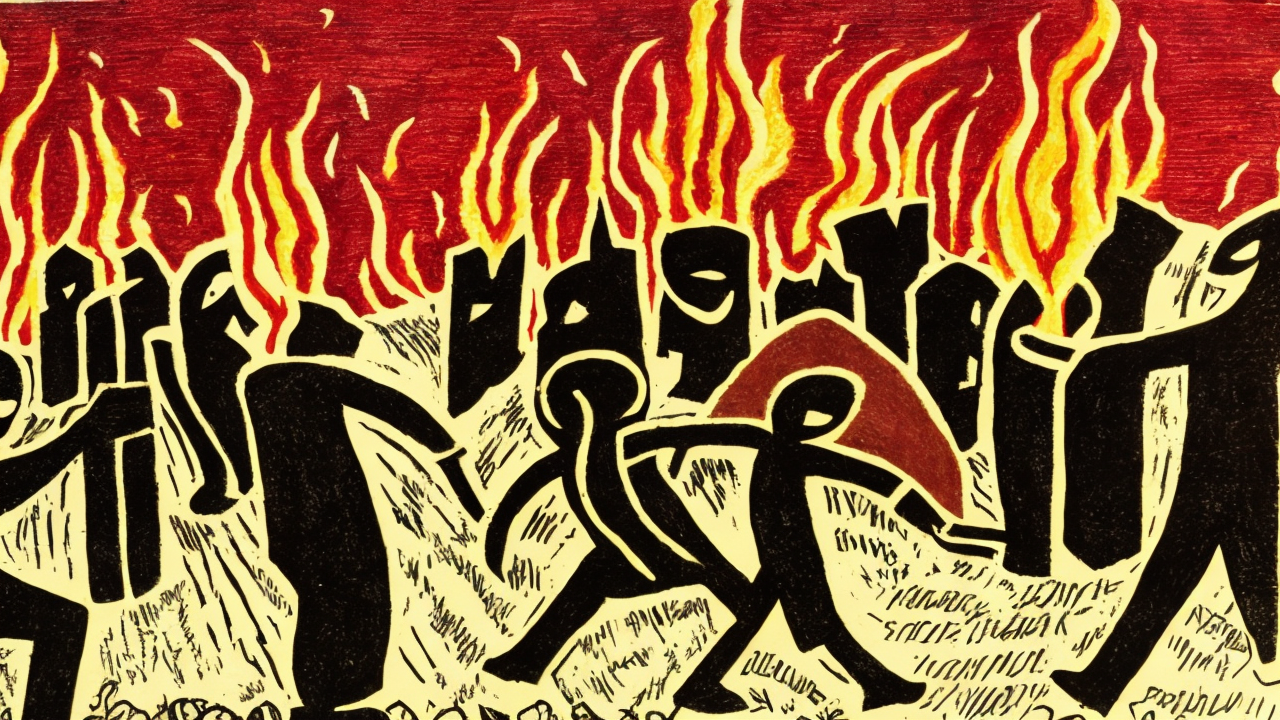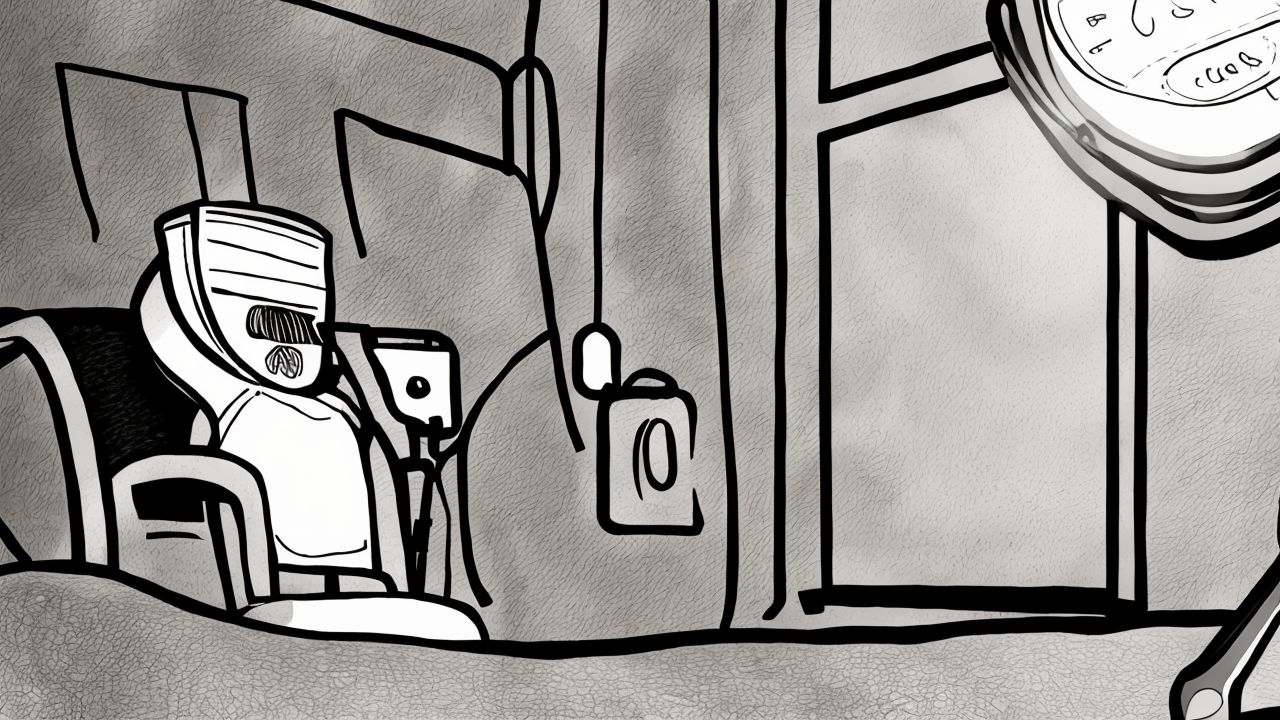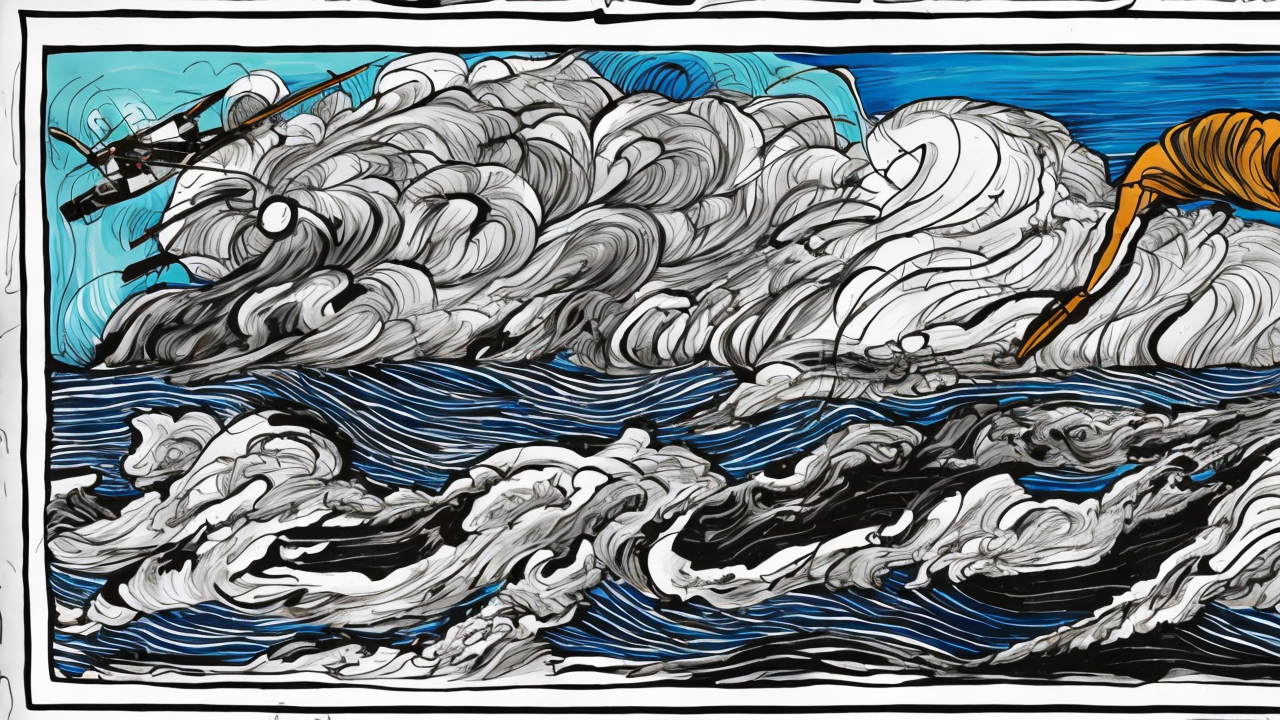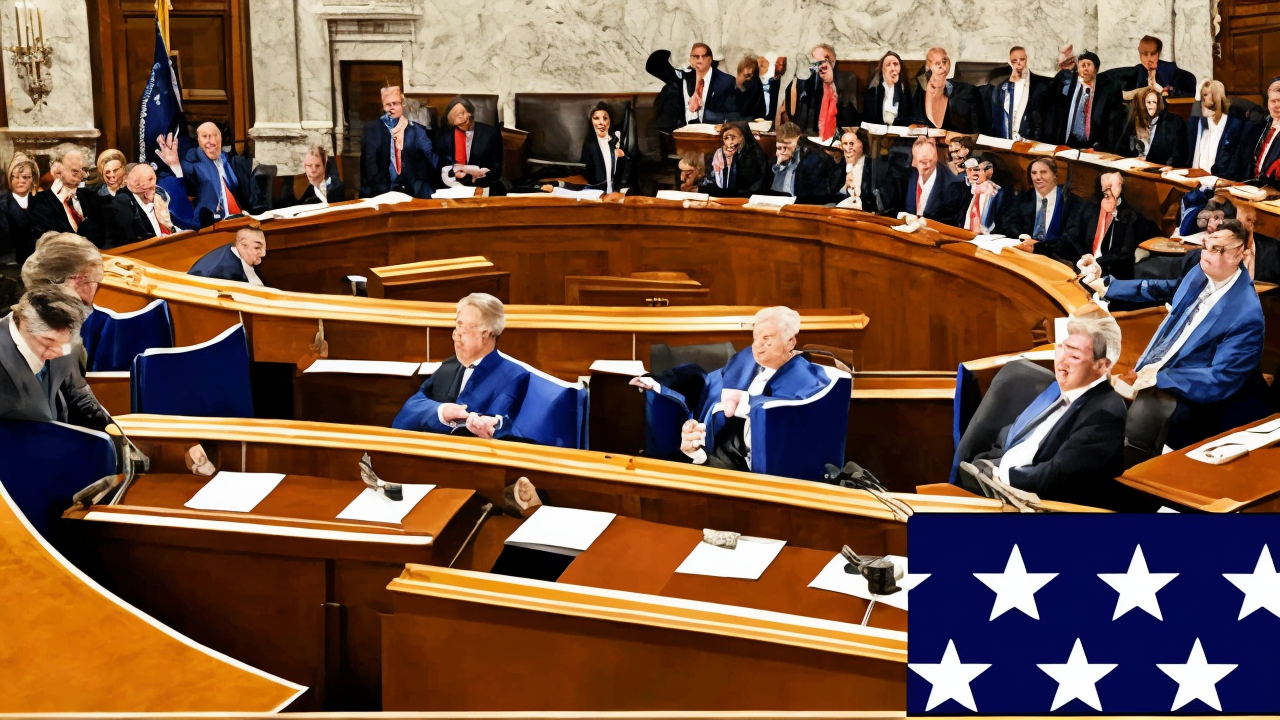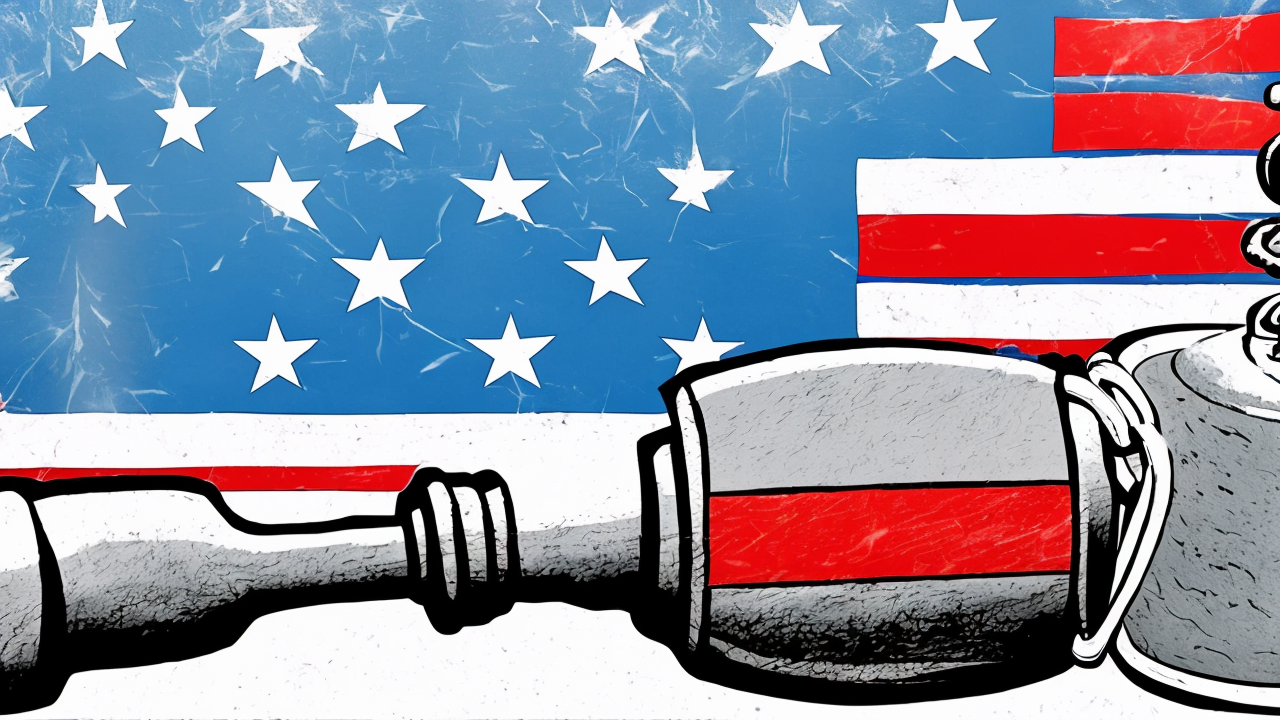Christian Leaders Fail to Address Ongoing Genocide in Nigeria
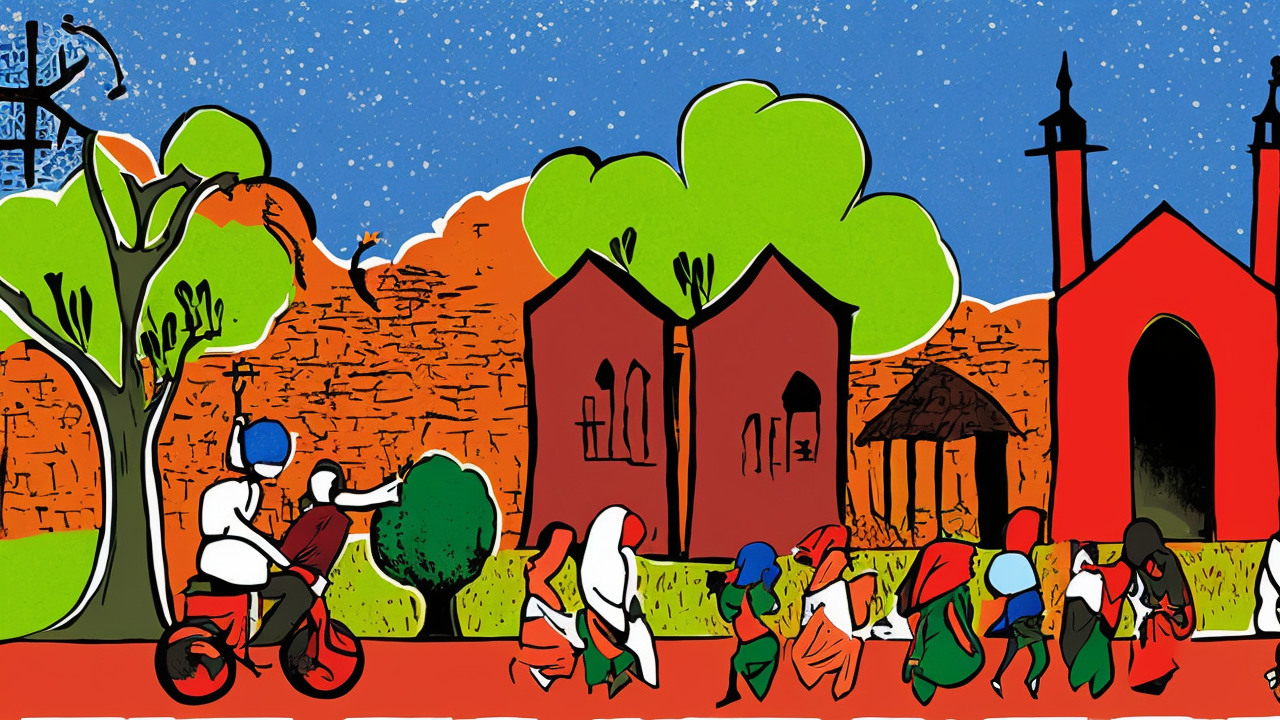
In the heart of West Africa, a quiet tragedy unfolds—one that demands more than sorrow, but urgent moral clarity. Since 2019, over 55,000 Christians have been killed in northern Nigeria, with nearly 7,000 more murdered in the first half of 2025 alone. Thousands more have been abducted, displaced, or subjected to unspeakable violence. These are not isolated incidents. They are part of a sustained campaign by extremist groups that openly target Christian communities for eradication. The victims are not just numbers—they are fathers, mothers, children, and neighbors whose lives are being extinguished in the name of a distorted ideology.
Despite the scale and severity of this suffering, many Christian leaders have remained conspicuously silent. Some speak in general terms about peace and reconciliation, but avoid naming the religious nature of the violence. This silence is not neutrality—it is a failure of conscience. The Church is called to be a beacon in darkness, not a bystander in the face of slaughter. When bishops and pastors downplay the faith-based motives behind these attacks, they risk becoming part of the problem. The truth is not difficult to discern: these groups are not merely fighting over land or water. They are attacking Christians because they are Christians.
The Nigerian government, dominated by Muslim political leaders, has consistently reframed the violence as a conflict between herders and farmers. This framing may ease political tensions, but it obscures the reality of religious persecution. It allows perpetrators to operate with impunity while shielding those who enable them. When a government refuses to acknowledge the religious dimension of violence, it does not promote peace—it enables oppression. And when the world’s most powerful nations echo this narrative, they contribute to the silence that protects the guilty.
Western leaders and institutions have not done better. Many continue to insist that the crisis is rooted in poverty, climate change, or tribal rivalry, rather than faith. This tendency to avoid naming the enemy stems not from wisdom but from fear—fear of being labeled intolerant, or of disrupting fragile diplomatic relations. Yet, when truth is sacrificed to ideology, the innocent suffer. To call a genocide a “dispute” is not diplomacy—it is moral surrender.
Christianity teaches love, forgiveness, and service. But it also teaches that justice is not optional. The New Testament commands believers to stand for the oppressed, to speak for the voiceless, and to resist evil when it is clearly defined. To remain silent in the face of systematic persecution is not peace—it is surrender. And when Christian leaders fail to do so, they undermine the very message they claim to uphold.
The consequences of this silence ripple far beyond Nigeria. When one society allows the persecution of a religious minority to go unchallenged, it sets a precedent for others. It sends a message that faith is not worth defending, that some lives are less valuable than others. This erodes the moral fabric of any nation. It weakens the foundation of freedom, which depends on the protection of conscience and belief.
The solution is not fear, but courage. It is not appeasement, but accountability. Governments must stop pretending that religious violence is just another social issue. They must designate Nigeria as a Country of Particular Concern, impose targeted sanctions on those who enable the violence, and provide real aid to displaced Christians. Immigration policies must reflect a commitment to protecting religious freedom, not ignoring it.
This is not about politics. It is about truth. It is about standing with the weak. It is about remembering that every life is sacred, not because of wealth, power, or ideology—but because each soul bears the image of God. The cost of silence is measured in blood. The cost of action is measured in hope. The choice is clear.
Published: 10/28/2025

